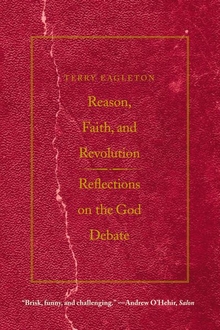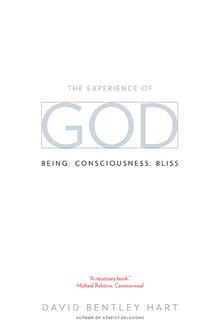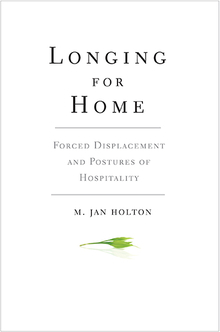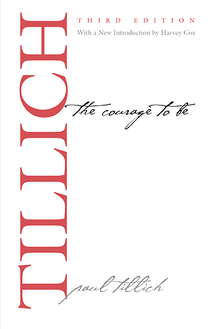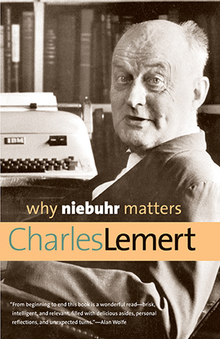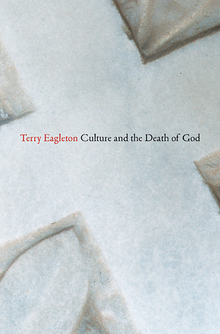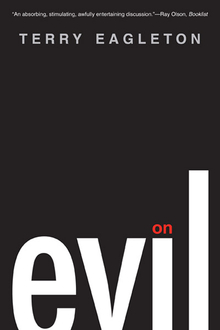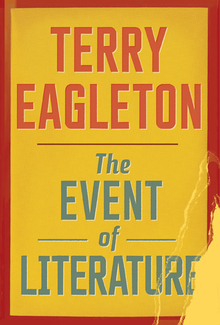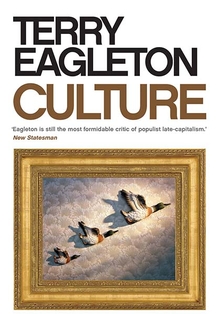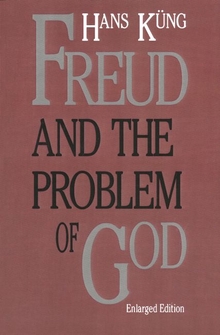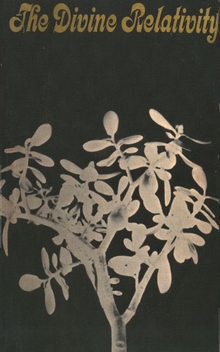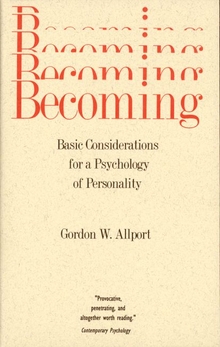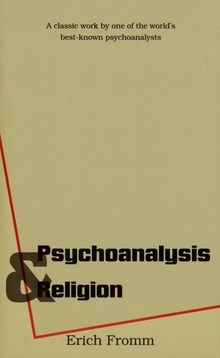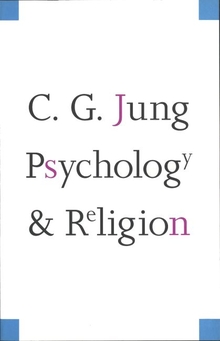Reason, Faith, and Revolution
WARNING
You are viewing an older version of the Yalebooks website. Please visit out new website with more updated information and a better user experience: https://www.yalebooks.com
Reflections on the God Debate
Terry Eagleton
One of our most influential literary critics challenges those who too easily dismiss religion and faith
Terry Eagleton’s witty and polemical Reason, Faith, and Revolution is bound to cause a stir among scientists, theologians, people of faith and people of no faith, as well as general readers eager to understand the God Debate. On the one hand, Eagleton demolishes what he calls the “superstitious” view of God held by most atheists and agnostics and offers in its place a revolutionary account of the Christian Gospel. On the other hand, he launches a stinging assault on the betrayal of this revolution by institutional Christianity.
There is little joy here, then, either for the anti-God brigade—Richard Dawkins and Christopher Hitchens in particular—nor for many conventional believers. Instead, Eagleton offers his own vibrant account of religion and politics in a book that ranges from the Holy Spirit to the recent history of the Middle East, from Thomas Aquinas to the Twin Towers.
Terry Eagleton is Distinguished Professor of English Literature at the University of Lancaster, England, and Professor of Cultural Theory at the National University of Ireland, Galway. He is also Distinguished Visiting Professor at the University of Notre Dame. Eagleton is also the author of On Evil, published by Yale University Press.
To watch Eagleton's Terry lecture, visit the lecture.
Terry Eagleton reflects on the issues that animate Reason, Faith, and Revolution. . .
Religion has wrought untold misery in human affairs. For the most part, it has been a squalid tale of bigotry, superstition, wishful thinking, and oppressive ideology. I therefore have a good deal of sympathy with its rationalist and humanist critics. But it is also the case, as this book argues, that most such critics buy their rejection of religion on the cheap. When it comes to the New Testament, at least, what they usually write off is a worthless caricature of the real thing, rooted in a degree of ignorance and prejudice to match religion’s own. It is as though one were to dismiss feminism on the basis of Clint Eastwood’s opinions of it.
It is with this ignorance and prejudice that I take issue in this book. If the agnostic left cannot afford such intellectual indolence when it comes to the Jewish and Christian scriptures, it is not only because it belongs to justice and honesty to confront your opponent at his or her most convincing. It is also that radicals might discover there some valuable insights into human emancipation, in an era where the political left stands in dire need of good ideas. I do not invite such readers to believe in these ideas, any more than I myself in the archangel Gabriel, the infallibility of the pope, the idea that Jesus walked on water, or the claim that he rose up into heaven before the eyes of his disciples.
If I try in this book to “ventriloquise” what I take to be a version of the Christian gospel relevant to radicals and humanists, I do not wish to be mistaken for a dummy. But the Jewish and Christian scriptures have much to say about some vital questions—death, suffering, love, self-dispossession, and the like—on which the left has for the most part maintained an embarrassed silence. It is time for this politically crippling shyness to come to an end.
Publication Date: March 16, 2010

